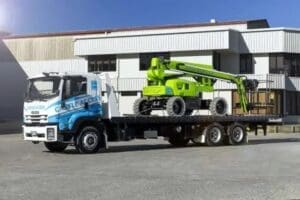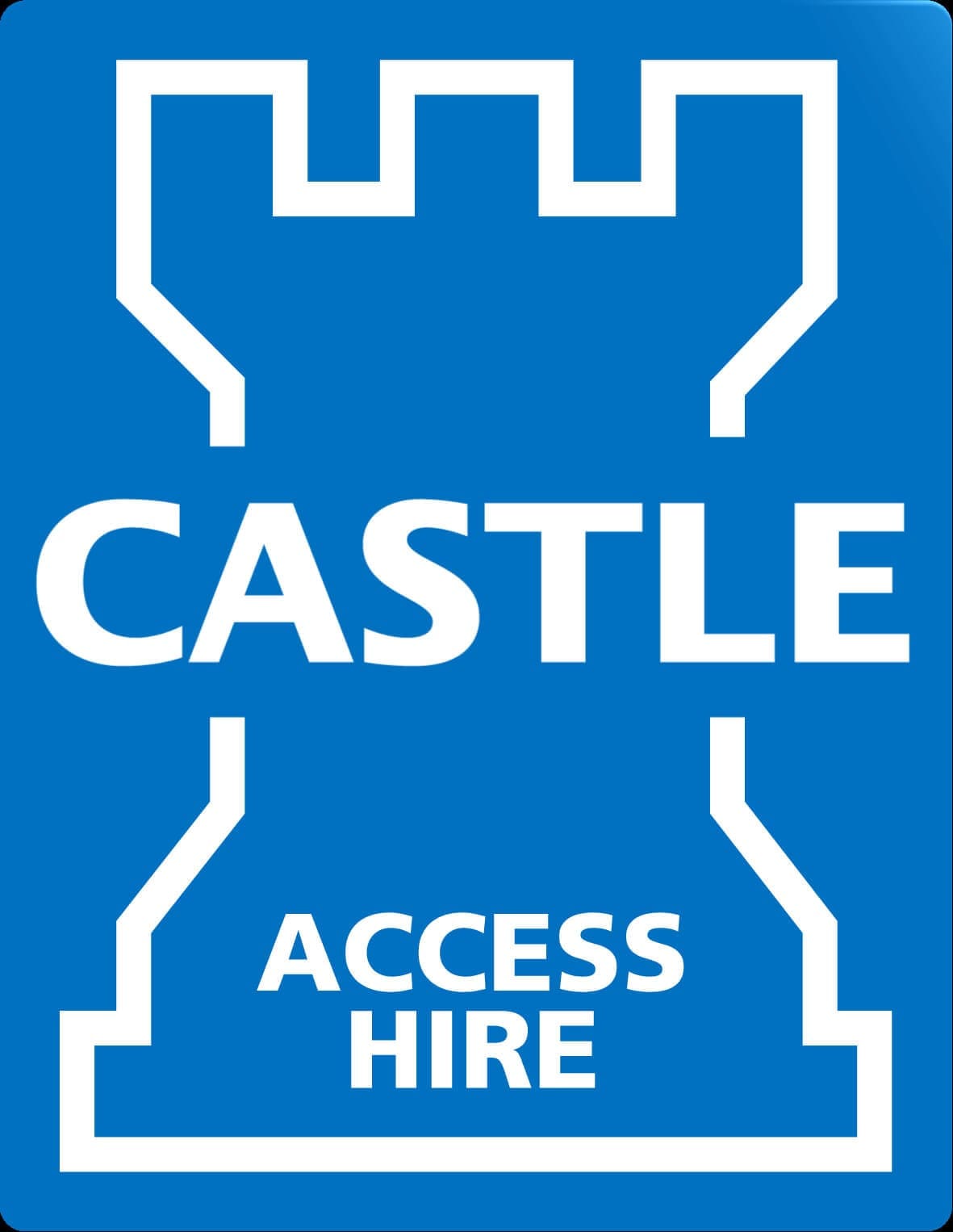Renting access equipment is a fantastic solution for modern New Zealand workers who need equipment, but who don’t want the commitment of purchasing it. When you rent machinery, you can enjoy the benefits of your selected equipment without having to worry about the long run.

However, it’s best to carefully plan your rental period for your specific project. If you don’t plan accordingly, then you could end up paying more than necessary, having your equipment longer than you need it or not having it for long enough.
Why Should I Rent Access Equipment?
First and foremost, access equipment can promote productivity, efficiency and safety. Access equipment like scissor lifts allows you to swiftly reach higher areas safely and effectively, saving valuable time and preventing injury. While you may have ladders on hand, using them will take longer and potentially be more dangerous than using a lift.
Next, why should you rent instead of buy? Renting is a better option when you know you’ll need your equipment for a limited period. Access equipment is often used for construction and maintenance needs, and these projects are usually temporary or don’t require constant equipment use.
Furthermore, renting is also usually the more cost-effective choice. Rental prices are generally more affordable than purchasing prices, and you don’t have to pay for long-term maintenance. You can reduce your fixed costs, lower variable costs and improve return on investment.
Effectively Planning For Your Rented Access Equipment
Proper planning is key for making the most of your rented scissor lift, mast lift, boom lift or cherry picker. What should you consider?
Define The Scope Of Your Project. Clearly define your work before you even begin to look at rentable equipment. Outline what tasks require access equipment and how long those tasks will take to get a general idea of how long you’ll need the equipment.
Furthermore, understand what kind of equipment you need so that you can delegate your tasks correctly. Be sure you know how high you need to reach and how much weight the lift must carry.
Once you have these details in order, you can begin to identify the right equipment for you. Look at the height limit, weight capacity, manoeuvrability and fuel source.
Schedule Your Rental Period Strategically. Plan out your tasks so you know when what work will be done. Then, plan your rental period. Plan accordingly so that your rented equipment is consistently in use, rather than sitting idle and wasting its potential.
Remember that it’s impossible to know if your project will experience any downtime, because some factors – like poor weather – cannot be controlled. Plan for contingencies, and consider having extra days on your rental period just in case.
You’ll also want to book your equipment in advance to avoid last-minute scrambling and potential unavailability.
Hire Machinery Transport. Ask your access equipment rental company about their machinery transport services. They can take the equipment to you to save you time and prevent damage in transit.
Perform Maintenance While You Have Your Equipment. While it is true that you don’t have the responsibility of maintaining the equipment in the long run, that doesn’t mean you’ll never have to care for your equipment – especailly if you are renting for a longer period. Perform routine equipment maintenance to keep your lifts in top condition. Always ask your rental company about what you should do to care for your equipment before you rent it.
Routine care can include inspecting the equipment before you use it, including a full undercarriage inspection, examining components and cleaning the machine.
Ask About Fuel Usage. Fuel consumption is a major expense when using equipment. Be sure you know what kind of fuel your equipment uses and how long a tank of fuel will last. Always use clean, appropriate fuel. It’s wise to refuel your equipment at the end of each workday so the equipment is ready to go the next morning.
Collaborate With All Contractors Involved. Communicate with your team and all subcontractors and tradies working on your project so that they are aware of your rental timeline. This way, they will understand how long they’ll have access to the equipment. You can also work out who will use what equipment to minimise downtime and misunderstandings.
Rent From A Company You Trust. Of course, you should only ever rent equipment from a company that you trust. Search for a reliable, local access equipment rental company that has a good reputation in the area. You can ask them about their experience, range of equipment and how they care for their machines.
Making Your Project A Success With Quality Rental Equipment
Browse our available equipment at Castle Access to find the right machines for your project. Or, you can contact us online or call 0800 780 957 to get in touch with our team. We’ll be happy to discuss everything from equipment availability to maintenance requirements.
Castle Access: Let’s pair you with the best access equipment for your needs.
